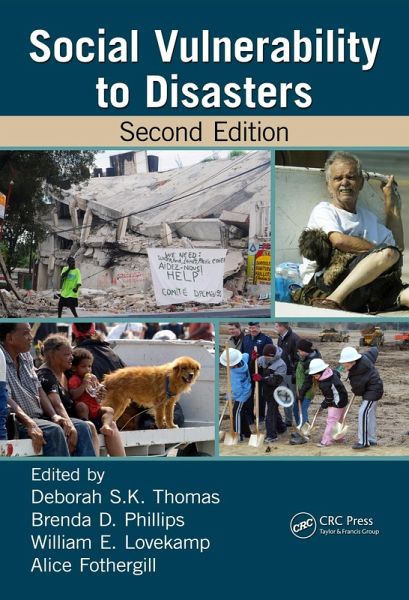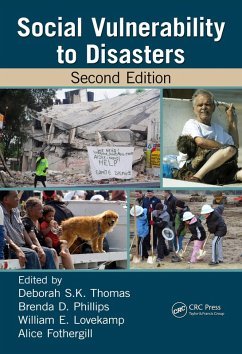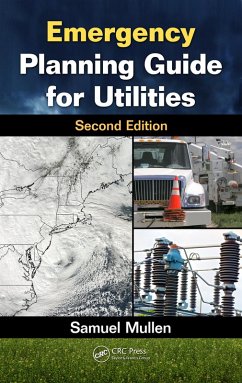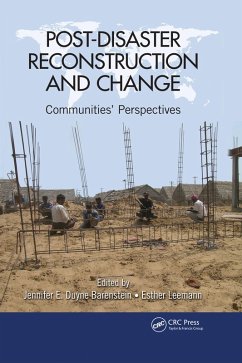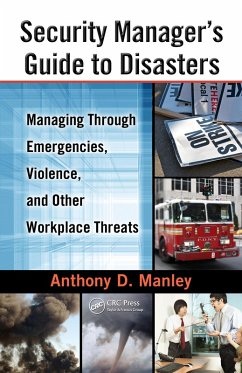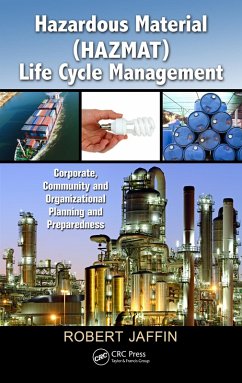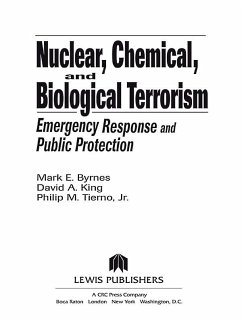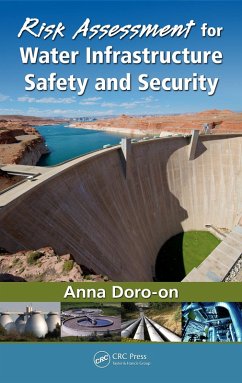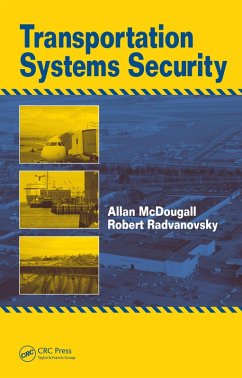Deborah S.K. Thomas, Ph.D., is an Associate Professor in the Department of Geography and Environmental Sciences at the University of Colorado Denver, where she also has a secondary appointment in the Department of Environmental & Occupational Health in the Colorado School of Public Health. She specializes in hazards and health geography and has over twenty years of experience working with geographic information systems (GIS) in disaster management and health applications, both in the U.S. and internationally. Her research and teaching interests focus on issues of vulnerability/resilience as they relate to both natural and human-induced hazards and health outcomes. Brenda D. Phillips, Ph.D., is the Associate Dean and Full Professor of Sociology at Ohio University-Chillicothe. She is the author of Mennonite Disaster Service and an editor on Social Vulnerability to Disasters (CRC Press). In 2013, she was inducted into the International Network of Women in Emergency Management's Hall of Fame. In 2012, she received the Blanchard Award for Excellence in Emergency Management Education. Professor Phillips has conducted research on disaster recovery since 1982, beginning as a student of E.L. Quarantelli at The Ohio State University's Disaster Research Center. Her published research can be found in a variety of journals including the International Journal of Mass Emergencies and Disasters, Disaster Prevention, Disasters, Humanity and Society, the Journal of Emergency Management, Natural Hazards Review, and Environmental Hazards. She has been funded multiple times by the National Science Foundation to study disasters and vulnerable populations. Dr. Phillips has been invited to teach, consult or lecture in New Zealand, Australia, Germany, India, Costa Rica, Mexico, Canada, and the People's Republic of China. She is a graduate of Bluffton University (Ohio) and The Ohio State University. William E. Lovekamp, Ph.D., is an Associate Professor in the Department of Sociology at Eastern Illinois University. He specializes in gender and disaster vulnerability, college student disaster preparedness, and social change and empowerment. Most recently, he is utilizing geographic information systems for mapping disaster risks and cultural preservation in disaster risk areas. He is a member of the U.S. Gender and Disaster Resilience Alliance, the Natural Hazard Mitigation Association, the International Gender and Disaster Network, the International Sociological Association's Research Committee on Disasters. He is co-organizer of the IRCD Researchers Meeting at the Annual Natural Hazards Workshop at the University of Colorado-Boulder and is an advisory council member and disaster response volunteer for the Coles & Clark Counties, Illinois Branch Office of the American Red Cross. Alice Fothergill, Ph.D., is an Associate Professor in the Sociology Department at the University of Vermont. Her areas of interest include family and childhood studies, disaster vulnerability, gender, inequality, service learning, and qualitative methods. Her book, Heads Above Water: Gender, Class, and Family in the Grand Forks Flood (SUNY Press 2004), examines women's experiences in the 1997 flood in Grand Forks, North Dakota. She has conducted research on volunteerism in the aftermath of the September 11, 2001 terrorist attacks in New York City. Professor Fothergill is a member of the Social Science Research Council's (SSRC) Research Network on Persons Displaced by Hurricane Katrina and is currently finishing her book, Children of Katrina (forthcoming, University of Texas Press), with co-author Professor Lori Peek.
